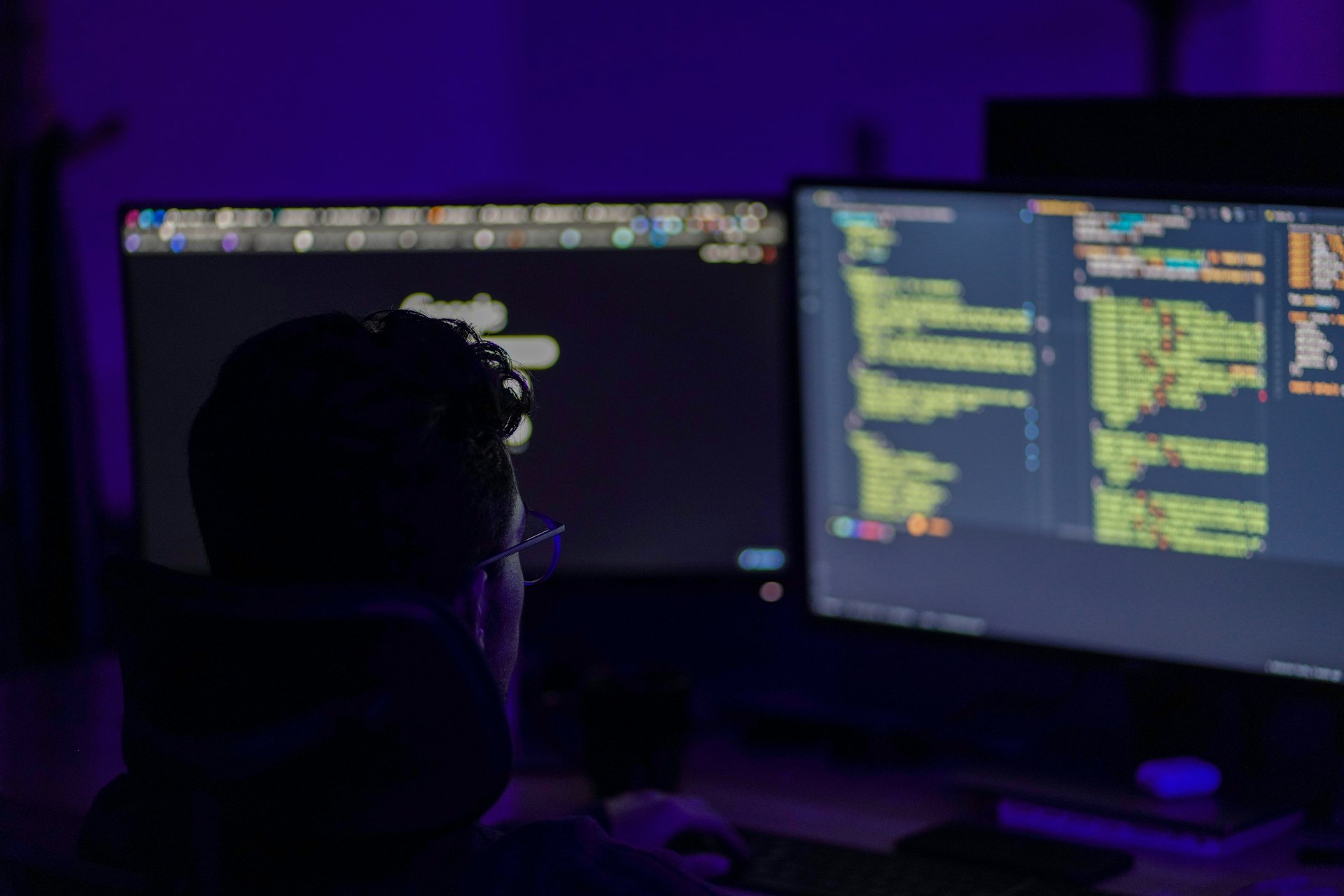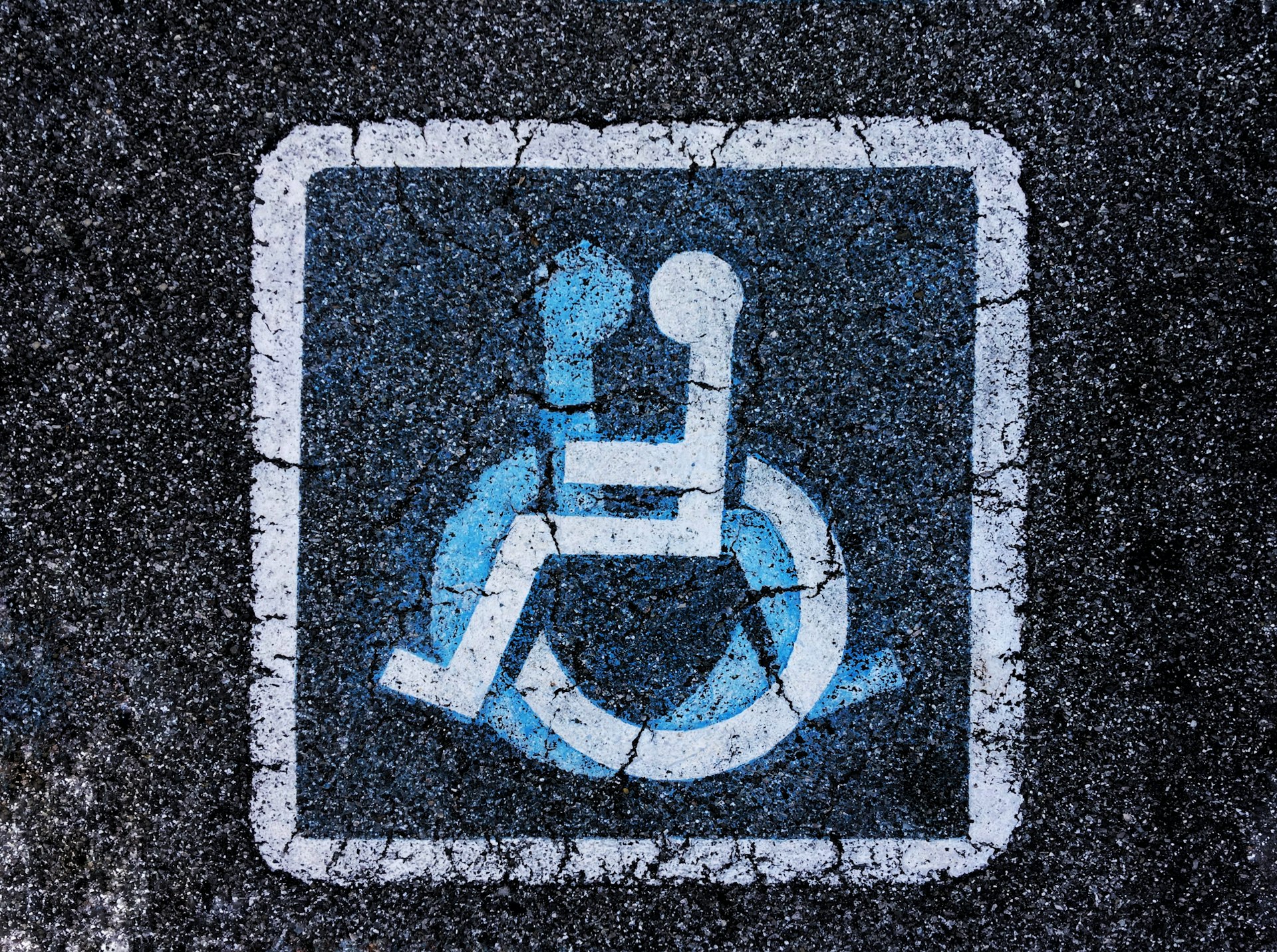Why Mental Health Matters in Gaming: Benefits, Risks, and Guidance for Players and Industry

Photo by Igor Karimov 🇺🇦 on Unsplash
Understanding the Role of Mental Health in Gaming
Mental health is an essential consideration in the gaming world, affecting not only players but also developers, families, and the broader community. As gaming has grown into a mainstream global activity, with an estimated 2 billion players worldwide and the U.S. gaming industry alone engaging roughly 160 million Americans daily, its influence on emotional and psychological well-being has become a major focus of research and industry practice [3] . Understanding the importance of mental health in gaming can help individuals maximize benefits, avoid risks, and create a healthier gaming environment for all.
Positive Impacts of Gaming on Mental Health
Contrary to common stereotypes, gaming offers a range of positive mental health benefits for many players. Recent research and industry reports highlight several key advantages:
- Stress Reduction and Relaxation: Many players find that video games help alleviate stress and provide an accessible form of relaxation. According to the Entertainment Software Association’s 2023 report, a majority of respondents report that regular gaming leads to less anxiety, reduced feelings of isolation, and lower stress levels [5] .
- Mental Stimulation and Cognitive Skills: Certain games, especially those requiring strategic thinking or problem-solving, can enhance mental agility, memory, and adaptability [5] .
- Social Connection: Multiplayer and online games often foster social interaction, creating communities, friendships, and support networks that can be especially valuable for those who may struggle with in-person socialization [5] .
- Structure and Routine: For some, gaming introduces helpful routines or structured activity, which can contribute to a sense of purpose and stability, particularly during stressful periods [5] .
It is important to note that the positive effects are often linked to the quality and context of play, such as the type of game, the motives for playing, and the player’s life circumstances [1] . Not all screentime is created equal, and engaging in healthy gaming habits is key.
Risks and Challenges: When Gaming Impacts Mental Health Negatively
While gaming has many benefits, there are documented risks, particularly when play becomes excessive or when underlying mental health issues are present. Recent studies identify several potential challenges:
- Gaming Addiction and Internet Gaming Disorder: Excessive gaming can lead to problematic patterns similar to other behavioral addictions. The World Health Organization recognizes “gaming disorder” as a diagnosable condition. Symptoms may include loss of control over gaming, prioritizing gaming over other activities, and continued play despite negative consequences [3] .
- Social Isolation and Loneliness: Although online gaming can foster connections, excessive play may reduce time spent on real-world relationships, leading to feelings of isolation, especially among adolescents [2] .
- Depression and Anxiety: There is a positive association between excessive gaming-especially mobile gaming-and increased levels of depression, social anxiety, and loneliness. This is particularly noted among male adolescents [2] .
- Physical Health Concerns: Prolonged gaming without breaks can contribute to poor posture, sleep disturbances, and a sedentary lifestyle, which may further impact mental health [1] .
The exact impact varies based on individual factors, game design, and play environment. Researchers emphasize that it’s not just about “how much” someone plays, but
why
and
how
they engage with games
[1]
.
Warning Signs and When to Seek Help
Recognizing the signs of unhealthy gaming is crucial for prevention and intervention. Common warning signs may include:
- Neglect of personal, academic, or professional responsibilities in favor of gaming
- Withdrawal from friends and family outside of gaming contexts
- Changes in mood, irritability, or depression when not gaming
- Loss of interest in previously enjoyed activities
- Physical symptoms such as fatigue, headaches, or disrupted sleep patterns
If you or someone you know is experiencing these symptoms, consider reaching out to a mental health professional. Behavioral addiction specialists, therapists, and support groups can offer tailored strategies for recovery and healthier gaming habits [2] .
To access professional help:
- You can search for licensed therapists with experience in gaming addiction through reputable online therapy directories or by contacting your local psychological association.
- Some major healthcare providers and university counseling centers may offer specialized programs for gaming-related behavioral issues.
- Parents can consult with school counselors or pediatricians for guidance and referrals.
Healthy Gaming Habits: Practical Steps for Players and Families
Adopting healthy gaming habits can maximize benefits and reduce risks. Here are practical, step-by-step recommendations for players and families:
- Set Boundaries: Establish daily or weekly limits on gaming time, ensuring a balance with other activities such as exercise, socializing offline, and academics or work.
- Foster Open Communication: Talk openly about gaming habits and mental health within the family or peer group. Encourage honest discussions about feelings and challenges.
- Monitor Game Content and Motivation: Choose games that align with your values and interests, and assess why you play-whether for relaxation, competition, or connection.
- Promote Social Play: Whenever possible, participate in games that encourage healthy social interaction, teamwork, and positive behavior.
- Take Regular Breaks and Prioritize Physical Health: Schedule breaks during long gaming sessions to stretch, hydrate, and rest your eyes. Prioritize sleep, nutrition, and exercise.
- Seek Professional Guidance When Needed: If gaming begins to interfere with daily life or mental health, consult a qualified professional for assessment and support.
For additional information on managing digital wellness, you may review the Entertainment Software Association’s resources or consult official health organizations. If you are unsure where to start, consider searching for “video game addiction help” or “behavioral addiction counseling” through your local health department or mental health association.
Industry Perspective: Supporting Mental Health in Game Development
The gaming industry has a responsibility to foster mental wellness not only in players, but also among developers and employees. Surveys of more than 500 industry professionals across 56 countries reveal that mental health challenges such as burnout, long hours, and workplace stress remain significant [4] . Effective support strategies include:
- Flexible work schedules and remote work options
- Inclusive and supportive workplace cultures
- Access to mental health resources and counseling
- Training for managers to recognize and address mental health concerns
However, industry adoption of these practices varies widely. Only 13% of studios surveyed provided manager training in mental health, while 19% reported no measures to improve workplace well-being [4] . Game studios and publishers are encouraged to implement evidence-based strategies to support their teams, recognizing that healthy developers make better games and foster safer communities.

Photo by Alexander Jawfox on Unsplash
Accessing Resources and Support
If you or someone you care about is concerned about the impact of gaming on mental health, consider the following steps:
- Contact your primary healthcare provider to discuss behavioral changes and get referrals to specialists.
- Reach out to local or national mental health associations for support group information and counseling services. For example, the American Psychological Association and the National Alliance on Mental Illness offer guidance on behavioral addictions and digital wellness.
- Many universities and schools provide counseling services for students experiencing issues related to gaming.
- Search for certified therapists in your area who specialize in internet or gaming addiction, using official directories or contacting your insurance provider for a list of covered professionals.
For players interested in digital well-being, the Entertainment Software Association maintains up-to-date information on best practices and the latest research. If you are seeking resources or wish to connect with industry professionals about workplace mental health, organizations such as Take This and the International Game Developers Association offer peer support and educational materials.
Key Takeaways and Next Steps
Mental health is an integral aspect of gaming for players, families, and industry professionals. By understanding both the benefits and risks, setting healthy boundaries, and accessing support when needed, individuals can harness the positive effects of gaming while minimizing potential harms. The gaming community continues to evolve, with growing awareness and resources dedicated to mental wellness.
References
- [1] Oxford Internet Institute (2025). “13 Ways Gaming Affects Your Mental Health.”
- [2] Birches Health (2025). “Video Game Addiction Statistics 2025.”
- [3] American Counseling Association (2020). “Internet Gaming Disorder: A Real Mental Health Issue on the Rise in Adolescents and Young Adults.”
- [4] 80 Level (2023). “State of Game Development Industry 2023: Mental Health and Workplace Culture.”
- [5] Entertainment Software Association (2023). “Digital Wellness.”



